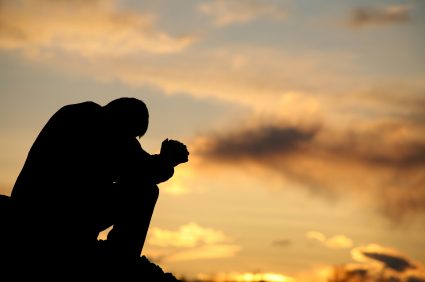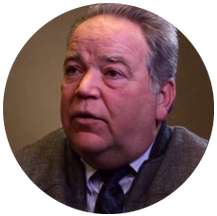Sometimes the extreme examples lead us to finally plumb the true depths of a problem.
I’ve been working with people struggling with gambling addiction for more than seven years now. I’ve seen a lot. People who stole, lied, cheated, neglected their children and family — a seemingly endless array of sadly defeating behaviors that cause a great deal of personal pain and family trauma.
In fact, one of the reasons I felt drawn to counsel people and families dealing with gambling addiction is that I am moved by their utter despair. How else can you explain that people caught up in this disorder experience the highest rates of suicide compared to any substance abuse disorder?
Yet, even I was shocked when I learned of a man sentenced to eleven years in prison for plotting to kill his wife. It appears that he feared they would divorce and he didn’t want to lose the resources to feed his gambling.
It is easier to understand why someone might want to take their own life because they simply can’t break free of addiction’s vice. It’s nearly incomprehensible how someone could want to take a loved one’s life in exchange for continuing with their disease.
In 2011, an important addition was made to the definition of addiction. Experts characterized it as a “bio-psycho-social-spiritual” illness that, while untreated and active, severely impairs the ability to make decisions.
As a clinician, I can tell you that you will not find many references to spiritual issues in behavioral health journals and neuroscience research. This unusual departure recognizes the obvious outcomes of untreated chronic brain diseases. When the brain’s chemicals and processes are rewired by drugs, alcohol, gambling or over-eating, the brain’s incessant demands for more and more completely overwrite any other logic. And, certainly, any sense of compassion.
In other words, ethics, fairness, faith — all fall prey to the brain’s unflinching pursuit of pleasure.
Those with Christian beliefs might cite the Apostle Paul, who wrote that we become slaves to our sins. Buddhists echo this, albeit from a differing perspective, by talking about achieving true happiness through learning to rise above the impulses of pleasure-seeking and pain-avoidance.
Perhaps the addiction/spirituality connection explains why many attribute their ability to stay in recovery to active involvement in 12-step programs predicated upon a Higher Power?
Answers to these larger questions are highly personal and individual. What is universal is the recognition that addicted people cause real harm to others when consumed by the desire for one more roll. And, equally universal insights flow when we reject these choices while still accepting the spiritual realities of addiction.

